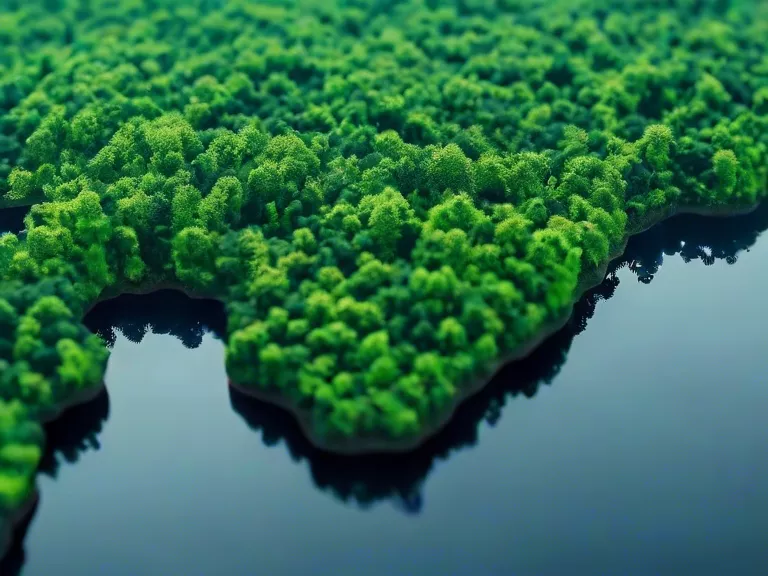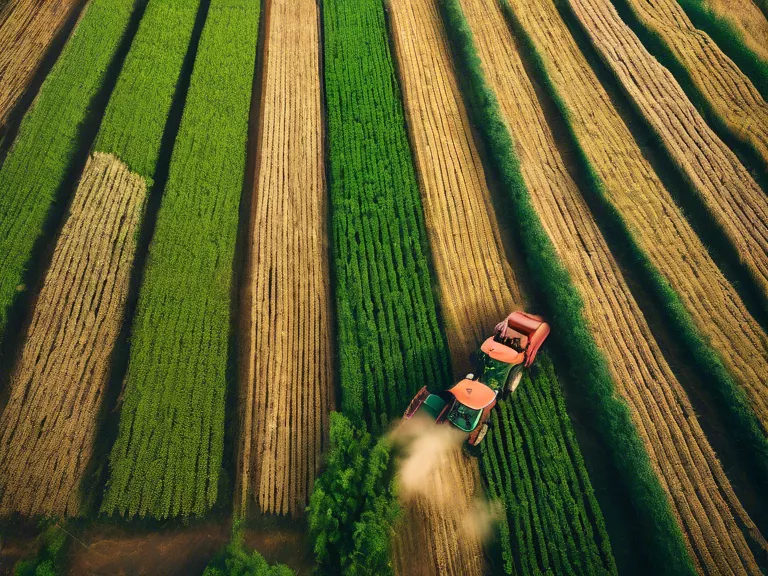
Artificial intelligence is being increasingly utilized to address a range of environmental challenges. From climate change and pollution to wildlife conservation and sustainable agriculture, machine learning is playing a key role in finding innovative solutions. This article explores how AI is making a positive impact on the planet and revolutionizing the way we tackle environmental issues.
One of the major ways in which AI is benefiting the environment is through predictive modeling. By analyzing large sets of data, machine learning algorithms can forecast future environmental trends and outcomes. This enables researchers and policymakers to make informed decisions and implement proactive measures to combat climate change, deforestation, and other pressing issues.
Another area where AI is making a difference is in wildlife conservation. By using image recognition technology, researchers can monitor and track endangered species more effectively. This not only helps to protect vulnerable populations but also facilitates the preservation of biodiversity in ecosystems around the world.
Furthermore, AI is being used in sustainable agriculture to optimize crop yields and reduce the need for harmful pesticides and fertilizers. By leveraging data on weather patterns, soil quality, and crop health, machine learning algorithms can provide farmers with valuable insights to improve crop management practices and minimize environmental impact.
In addition, AI-powered drones are being employed to monitor and combat illegal logging, poaching, and other illicit activities that threaten our planet's natural resources. These drones can cover vast areas of land quickly and efficiently, providing real-time data to authorities and helping to enforce environmental regulations.
Overall, the potential of AI to address environmental issues is vast and promising. By harnessing the power of machine learning, we can work towards creating a more sustainable and resilient planet for future generations to enjoy.



